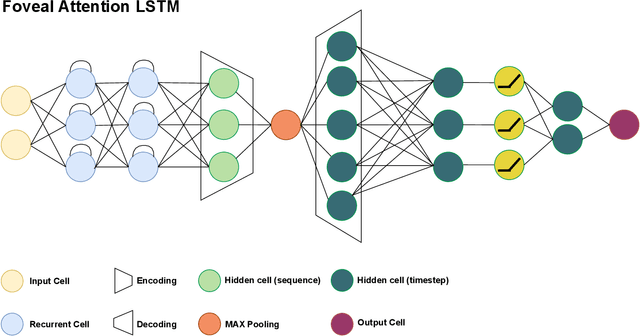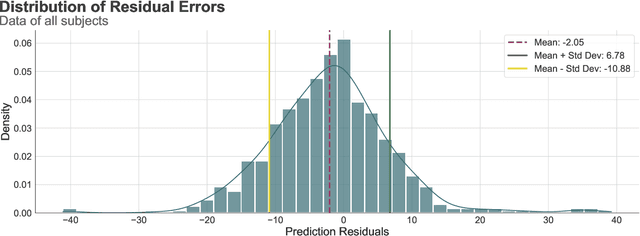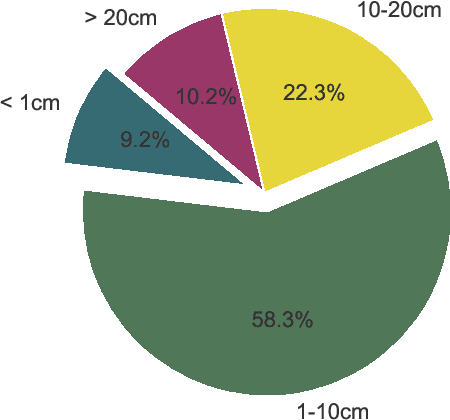Yannick Sauer
Focal Depth Estimation: A Calibration-Free, Subject- and Daytime Invariant Approach
Aug 07, 2024



Abstract:In an era where personalized technology is increasingly intertwined with daily life, traditional eye-tracking systems and autofocal glasses face a significant challenge: the need for frequent, user-specific calibration, which impedes their practicality. This study introduces a groundbreaking calibration-free method for estimating focal depth, leveraging machine learning techniques to analyze eye movement features within short sequences. Our approach, distinguished by its innovative use of LSTM networks and domain-specific feature engineering, achieves a mean absolute error (MAE) of less than 10 cm, setting a new focal depth estimation accuracy standard. This advancement promises to enhance the usability of autofocal glasses and pave the way for their seamless integration into extended reality environments, marking a significant leap forward in personalized visual technology.
VisionaryVR: An Optical Simulation Tool for Evaluating and Optimizing Vision Correction Solutions in Virtual Reality
Dec 01, 2023



Abstract:Developing and evaluating vision science methods require robust and efficient tools for assessing their performance in various real-world scenarios. This study presents a novel virtual reality (VR) simulation tool that simulates real-world optical methods while giving high experimental control to the experiment. The tool incorporates an experiment controller, to smoothly and easily handle multiple conditions, a generic eye-tracking controller, that works with most common VR eye-trackers, a configurable defocus simulator, and a generic VR questionnaire loader to assess participants' behavior in virtual reality. This VR-based simulation tool bridges the gap between theoretical and applied research on new optical methods, corrections, and therapies. It enables vision scientists to increase their research tools with a robust, realistic, and fast research environment.
 Add to Chrome
Add to Chrome Add to Firefox
Add to Firefox Add to Edge
Add to Edge